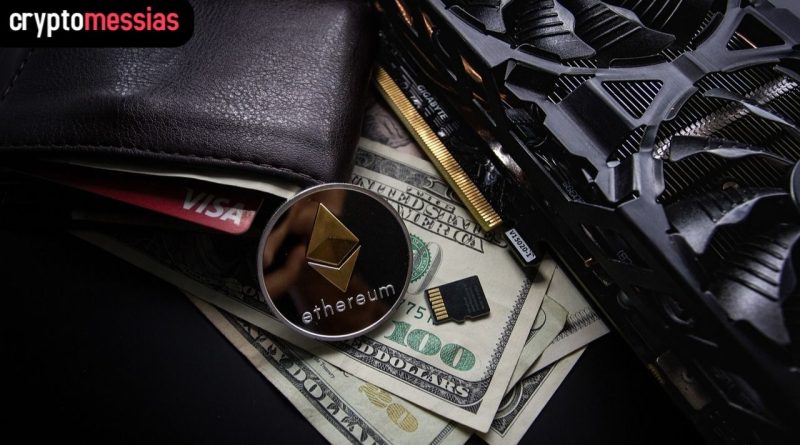Ethereum’s Vitalik Buterin explains how it could improve user experience
Ethereum needs to improve its fee and transaction handling before reaching mass adoption.
How can Ethereum be improved? In the opinion of its founder, it’s all about the user experience. On February 28th, Vitalik Buterin discussed the many issues in the Ethereum network that need to be addressed before addressing that particular issue.
As Vitalik explained in his blog, he faced many inconveniences using the Ethereum network to process payments due to high transaction fees, which often exceeded the cost of the product.
Vitalik’s Ethereum issues date back to 2021
Vitalik recalled having problems with Ethereum payments in 2021 when he visited Argentina and attempted to pay for tea. To his surprise, the 0.003 ETH transaction was rejected, possibly because it fell below the exchange’s minimum deposit of 0.01 ETH.
Regardless, Vitalik chose to send the 0.007 ETH required to complete this transaction. This represented a threefold overpayment of the product’s price, but he chose to disregard it as a simple tip, realizing that it was an error that needed to be worked on to improve the user experience.
In 2022, he discovered that things hadn’t changed all that much. In a different location, Vitalik made another effort to purchase tea. He was unable to use his ETH this time due to gas fees, as the transaction was not completed because the receiving contract “required extra gas to process the transfer.”
Those negative experiences taught him that “simple-and-robust UIs are better than fancy-and-sleek ones.” He also discovered that many users are unaware of the gas limits required to complete their transactions, so default values should be improved.
Many users find payment delays inconvenient
Vitalik also expressed dissatisfaction with the “surprisingly long time delay between my transactions,” which he described as “annoying,” because there is always the question of who is to blame when transactions are not confirmed quickly. It can take minutes or even hours to approve a transaction, but it can also happen instantly.
Although the team has worked to address these problems with the EIP-1559 update, which guarantees that the majority of transactions are accepted in the following block, there is still a chance that things won’t function properly because “outliers still remain,” he continued.
For example, if a large number of people make transactions at the same time, the network may experience a spike in fees, resulting in the rejection of many transactions. Even the most experienced users can suffer significant financial losses as “wallet UIs suck at showing this.”
Brave wallet implemented a workaround for this issue. The team took his suggestions into consideration and raised the maximum base fee from 12.5% to 33%, improving both the interface and the user experience.
Buterin concluded his statement by stating that, particularly in Southern countries, many people prefer centralized solutions to decentralized alternatives due to how outdated the applications are in terms of user experience.
Although the Ethereum Merge reduced the average time it takes to process transactions, there is still much to be done to achieve the global adoption that crypto enthusiasts desire.

